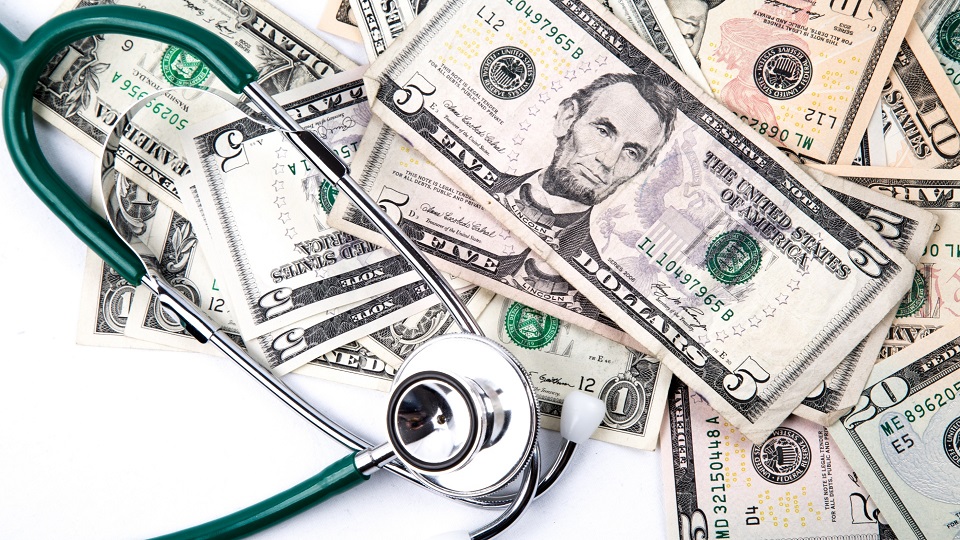Money not the main motivation for doctors
Published: 13 Apr 2018

The recent debate on rising healthcare costs in Singapore has prompted considerations over whether doctors are financially driven and contributing to the issue.
NUS Medicine alumnus Dr Chong Siow Ann shared similar sentiments with Harvard surgeon and author Dr Atul Gawande, who suggested in his article titled ‘Piecework’ that the general public believes that doctors are not practising for the money, and are accustomed to perceiving doctors particular about remuneration as untrustworthy.
“That’s why the good doctors on TV hospital dramas drive old cars and live in ramshackle apartments, while the bad doctors wear bespoke suits,” Dr Chong quoted from Dr Gawande’s article.
While some doctors do overcharge for their personal gains, Dr Chong believed that most doctors behave ethically and work for the best interests of their patients despite their inherent vulnerability to temptations. In particular, an analysis of the financial return of professional education investments by Dartsmouth professor William Weeks suggested that the annual rate of return by the time professionals (in the US) reached middle age was lower for primary-care doctors and surgeons as compared to lawyers and business practitioners.
Ultimately, Dr Chong suggested that it boils down to the doctors’ attitudes towards money, citing scientists who believe that the process of getting rich could rewire some people’s brains and numb their neural circuits involved with empathy, making them more uncaring. Being entrenched in a culture of wealth where success and status is defined in financial terms aggravates the situation, as money can create a hierarchy of its own with its various strata, leading to the conflation of money with happiness. In that aspect, Dr Chong believed that money can become an addiction as people unceasingly try to get ahead and upgrade themselves to outperform others.
“As a specialist doctor, I earn a good income. I’m also fully aware of many other doctors who earn much more, which just occasionally creates a frisson of petty envy. And, if I’m honest about it, I could also step off that treadmill,” Dr Chong said.
“I could downgrade and downscale, simplify my life and dispense with a number of things that I don’t really need, but there’s still that one thing that I can’t be certain if I’d saved enough for to have that safeguard against some catastrophic misfortune when much money would be needed either for myself or those who are bonded to me – and that one thing is the cost of healthcare.”
News Coverage

